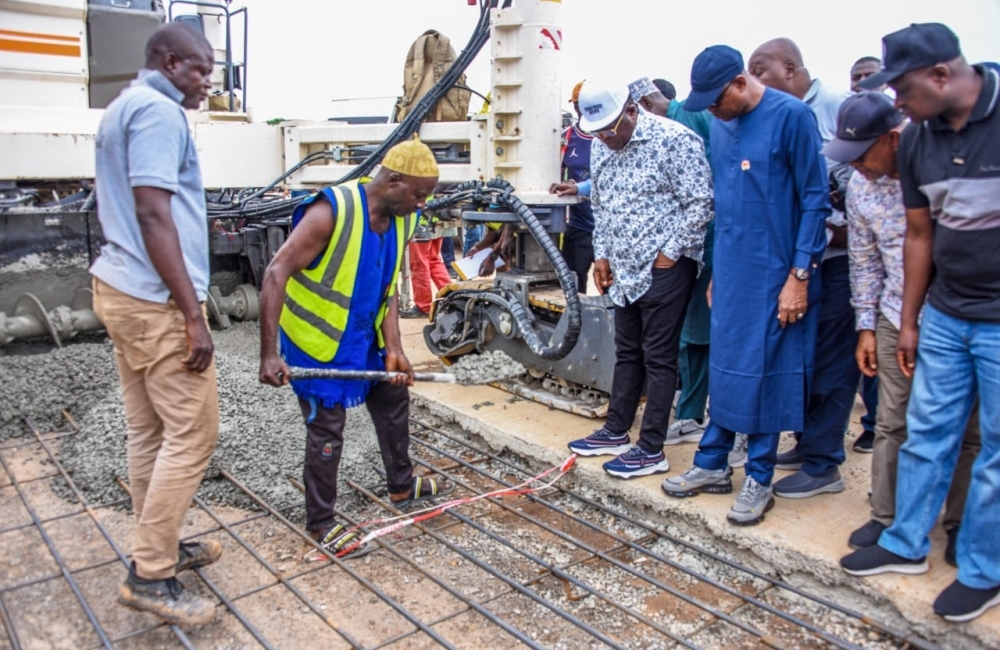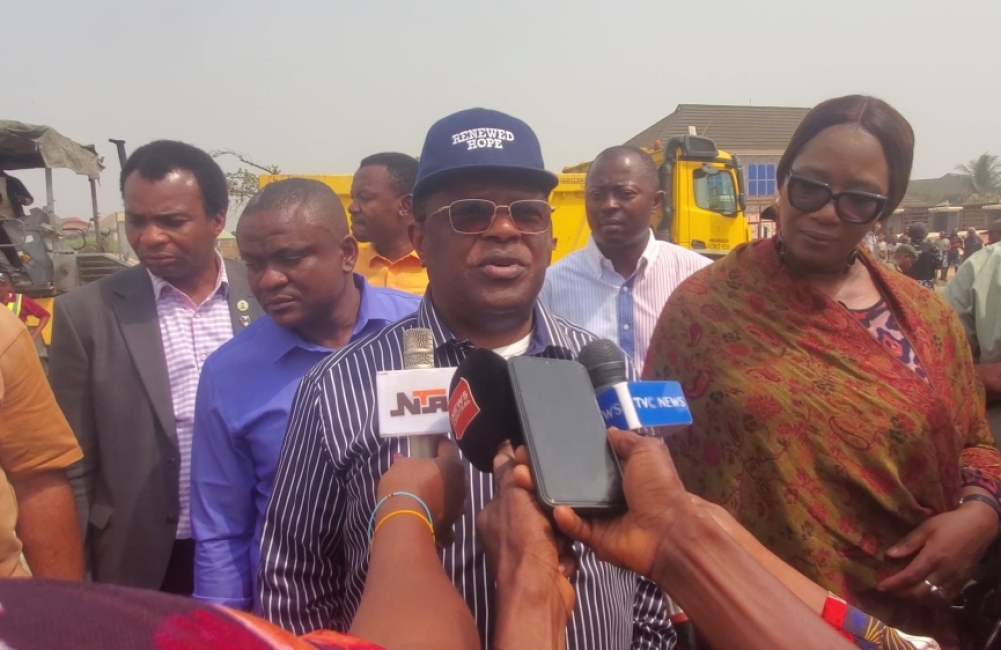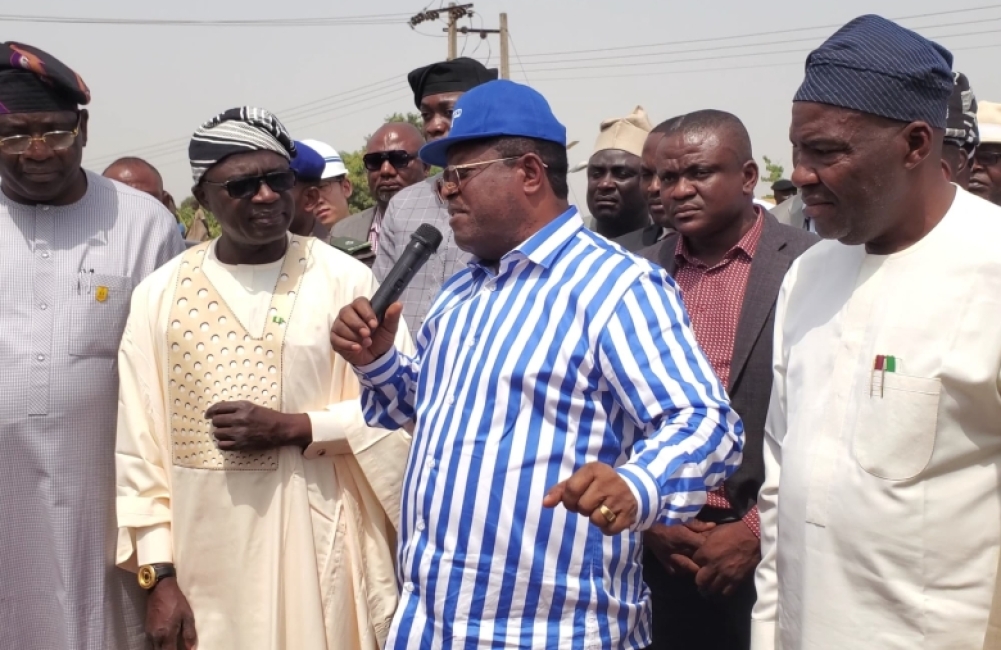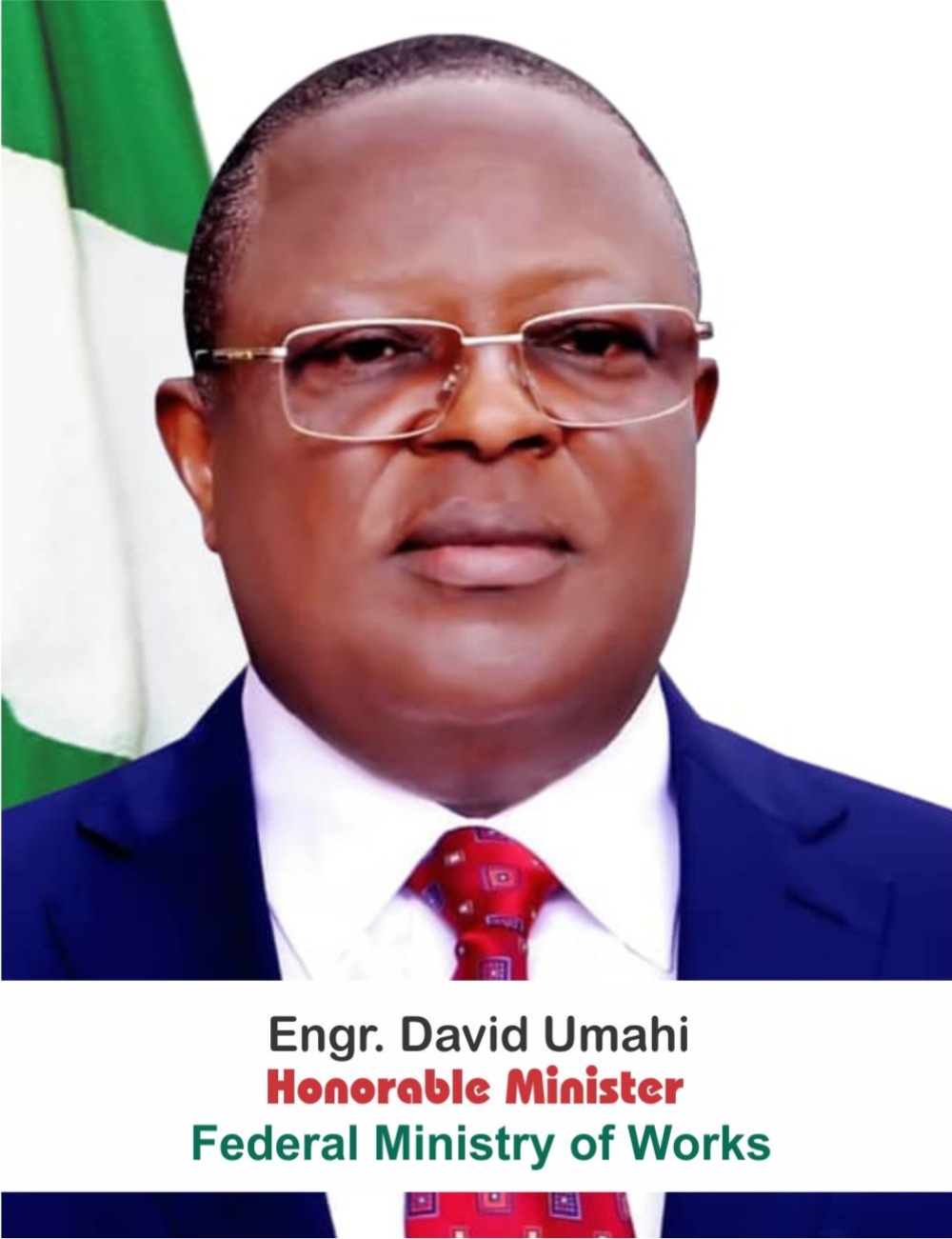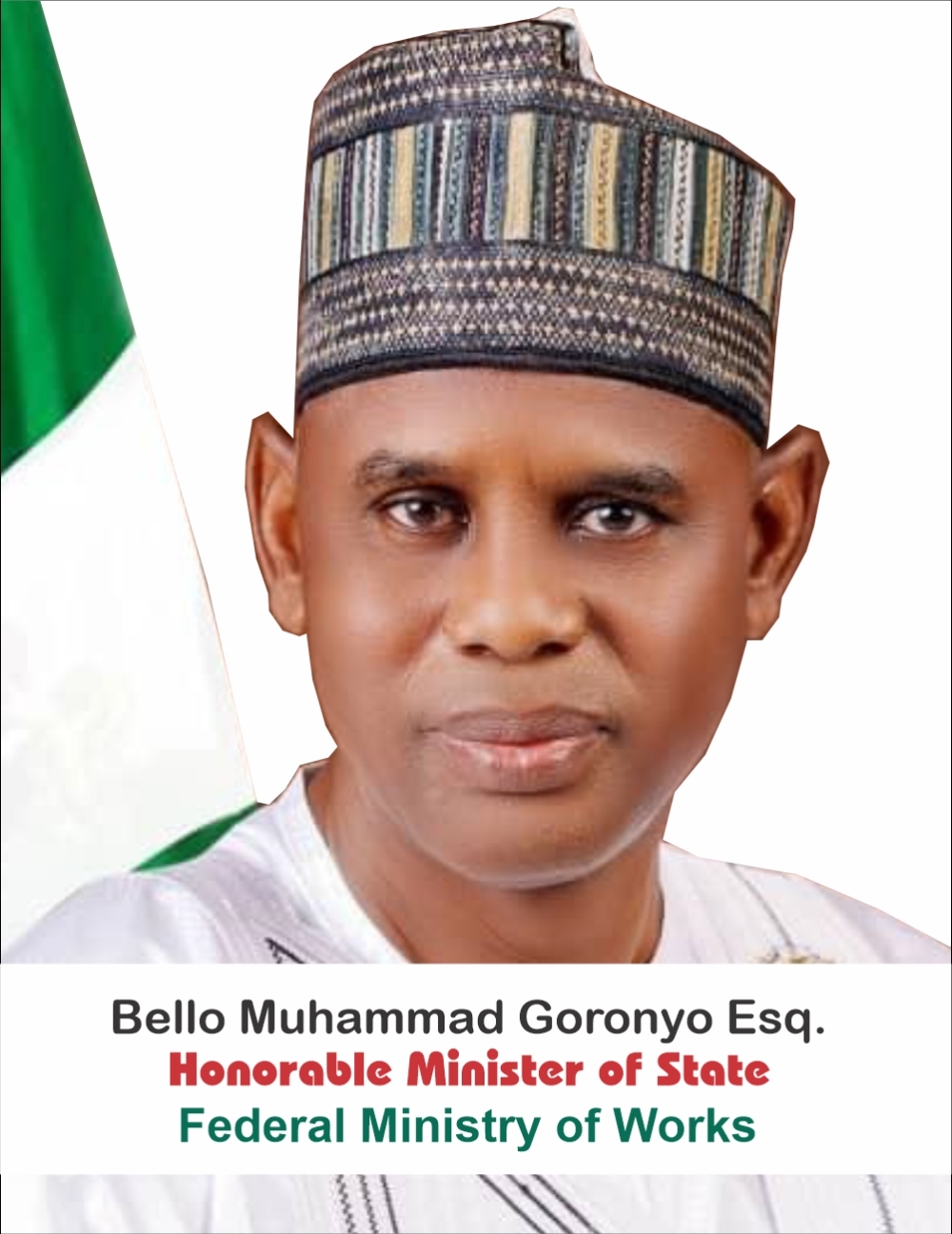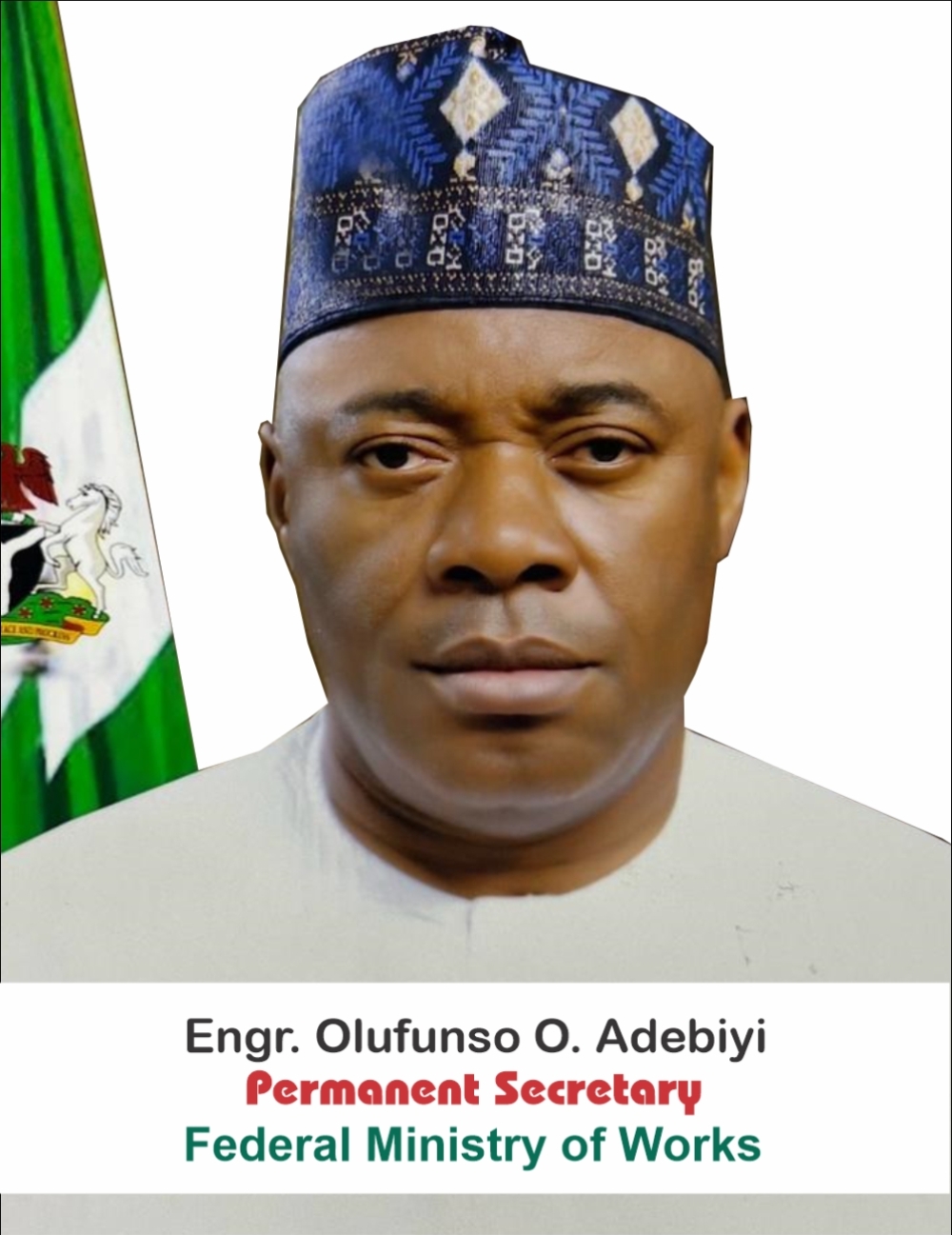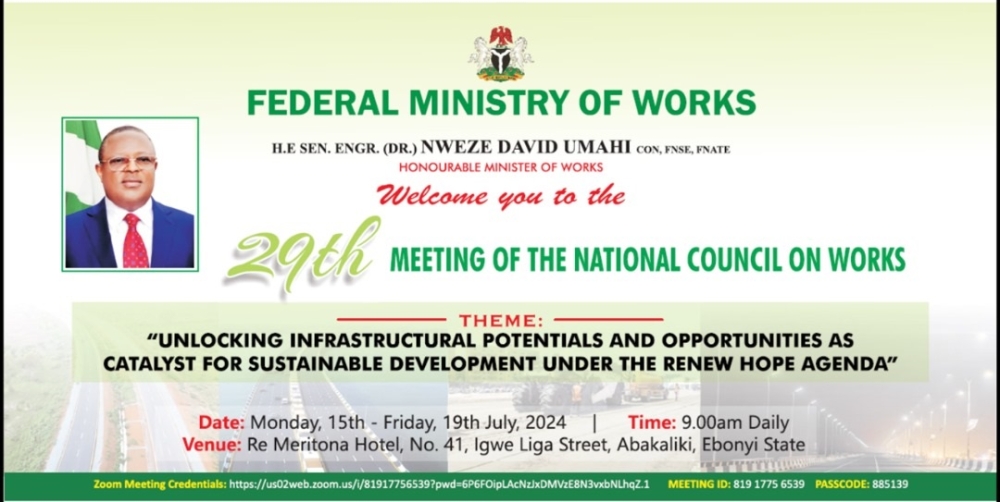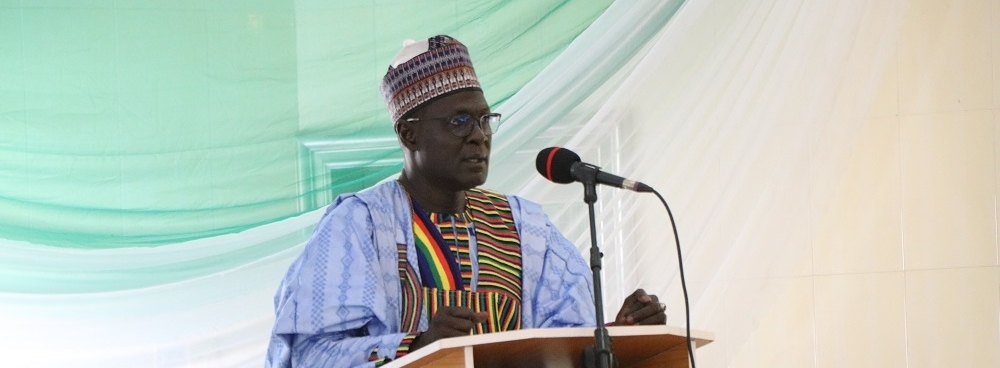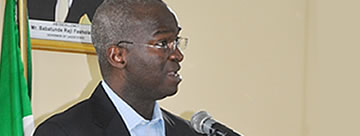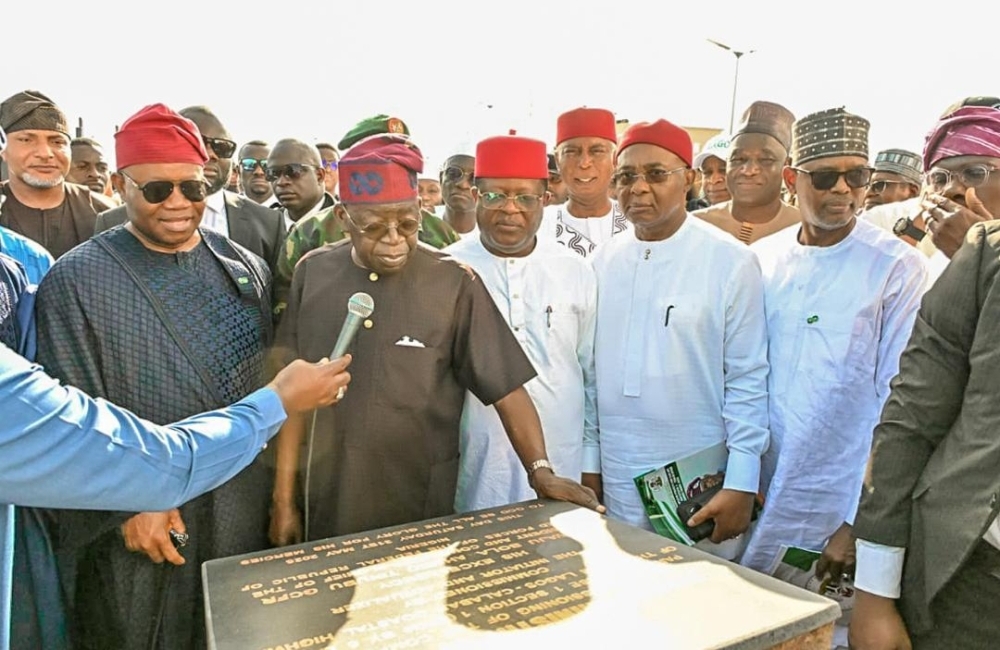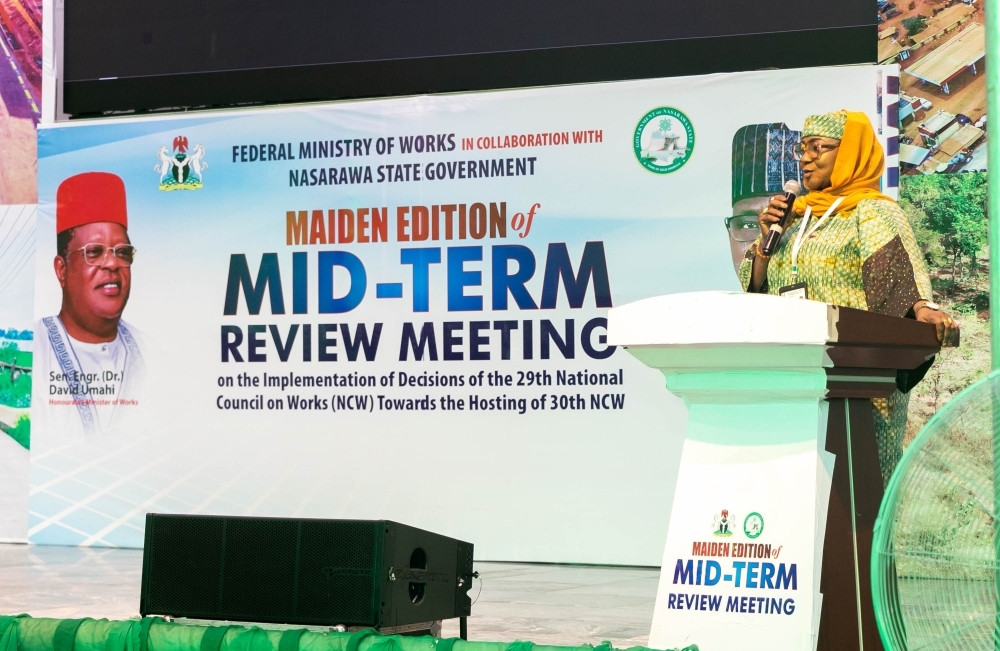How Government Policy Affects Business, Society In National Development And Changing International Environment, A Keynote Delivered At Social, Political And Economic Environment Of Business (SPEB) Lagos Business School
I would like to thank Dr Franklin M. Ngwu for his kind gesture of inviting me to speak to you today. If Dr Ngwu’s kindness had extended to giving me a topic that might be of common interest to all of you, my gratitude to him would have been more immense.
As kind as Dr Ngwu has been, he asked me to speak about:
* How to “… provide a clearer understanding of the dynamic social, political and economic environment of firms”
* “relationship between government, business and society, and trends in national development strategy”; and
* “… Changing international environment…”
Each one of these issues is a matter worthy of immense study and conversation on its own; however, since they have been rolled into the subject of one session at which I am to speak, I have decided to use case studies that we are largely familiar with to illustrate the 3 (three) broad themes.
Therefore, I will be addressing:
* Relationship between government, business and society
* Developments in international environment
* Trends in national development
* GOVERNMENT, BUSINESS AND SOCIETY
* Ministerial Appointments
This issue has generated concerns which are understandable, controversies which are perhaps needless and criticisms that are based on comparisons which are misinformed, mischievous or plainly ignorant.
Because I listened to some of them and read some of them, I have produced a table showing the forms of government, and the constitutional provisions of the countries and jurisdictions of comparisons to make the case, now that the dust has settled:
Procedure of Appointment of Ministers in Selected Jurisdictions
| |
Appointing Authority |
Consultation |
Confirmation |
Number |
Oath |
Parliamentary Membership |
| Malawi |
President |
|
Not applicable |
Not prescribed |
Yes |
Must NOT be parliamentarian |
| South Africa |
President |
Executive VP and Party Leaders |
Not Applicable |
Max: 27 |
Yes |
Must be parliamentarian |
| Kenya |
President |
|
National Assembly |
Min: 14 Max: 22 |
Yes |
Not Applicable |
| India |
President |
Prime Minister |
Not applicable |
Not prescribed |
Not stated |
Must be Parliamentarian |
| Senegal |
President |
Prime Minister |
Not applicable |
Not prescribed |
Not stated |
Not stated |
| Ghana |
President |
|
Parliament |
Min: 10 Max: 19 |
Yes |
Majority must be parliamentarian |
| Nigeria |
President |
|
National Assembly |
Min: 37* |
|
Must not be parliamentarian |
*This follows the decision of the Court of Appeal in 2018 in the case of Panya v. President, FRN which held that FCT has the status of a state in the Federation and an indigene is entitled to be appointed a minister.
What you will immediately see from the tables are some of the countries of comparison are not federations like Nigeria.
Secondly, their political systems are parliamentary and not presidential (except for India). In effect, once you are elected as a member of parliament, you qualify to be minister, so the field of choice is significantly narrow; as distinct from our constitutional provision that requires one indigene to be picked from each of the 36 (THIRTY-SIX) states.
The President therefore has to pick one indigene from each state, and a person may be resident in a state and not be an indigene. There are sub-issues of gender, religion, age and senatorial districts, which are not constitutional but are nonetheless demanding of serious consideration in making the choice.
There is of course a debate of pre-stating the portfolio which is not constitutional but nevertheless generates intense controversy and we have seen how some people have analysed how some parts of the country got more substantive ministers and how some got more ministers of state and how some ministries were considered as “juicy” and some not so “juicy.”
I leave you to imagine how much longer the screening process may have taken, and how easier or more contentious approval may have been easy to secure if people had fore knowledge of the ministries to be assigned to their state representatives.
Please recall that the Chairman of EFCC was not cleared for 4 years, and nominees to NERC and FERMA were not cleared for almost 2 (two) years.
Each of these agencies have critical roles to play in our national lives in the areas of law enforcement, electricity regulation and road maintenance.
Please remember the bitter and vengeful confrontations between Democrats and Republicans, when President Trump nominated Brett Kavanaugh to fill a vacancy in the US Supreme Court. The grass is not greener on the other side.
* Roads
Today, the government is constructing roads in every state of Nigeria and while revenues are a challenge to prompt completion, some “experts” who have not successfully shown they can run a small business moan the loudest about Nigeria’s borrowing to fund infrastructure investment.
A Nigerian, has borrowed billions of dollars to build a refinery, petrochemical plant, fertilizer plant and gas processing plant, yet some backyard economists complain that a country whose population is in the hundreds of millions is borrowing too much to fix rail, roads, ports (air and sea) and power.
They come to the public space to talk about the GDP and infrastructure of the United States and OECD countries. But they are ominously silent on America’s public debt that exceeds $21 Trillion.
Nigerians in their Hundreds of Thousands go on holidays there, go for medical treatment there, seek for their citizenship, fly their airplanes and use their airports and unknowingly pay in part for the debt they sensibly incurred.
All of you business school graduates must seize the public space from those half-baked economists and enlighten the public about the necessity to invest before you can claim a DIVIDEND.
That said I will speak about:
* Lagos-Ibadan Expressway
* Apapa-Oworonshoki Expressway
* Ikorodu-Sagamu
* Lagos-Badagry
These roads share one thing in common. They were built at least 4 decades ago and have not only outlived their design lives, their carrying capacity has been overwhelmed by a growing population, larger than what it was when they were built in the 1970s and the economic size has grown much bigger.
NIGERIA
| YEAR |
GDP ($) |
POPULATION (NIGERIA) |
| 1976 |
36.31 Billion |
65.23 |
| 2015 |
481.1 Billion |
181.2 Million |
Since the return to democratic rule in 1999, these are some of the roads we all clamoured for their reconstruction, upgrade and expansion. Nothing worthy of note has happened until 2016 when construction either commenced or was restarted.
What we now hear is the inconvenience, instead of the acknowledgement that government is now responding and providing the service we all craved for almost two decades.
Please be aware that all those roads under construction are now CONSTRUCTION SITES and in the world that we now live in, SAFETY on construction sites is now a big issue.
Not only for motorists who have to drive through them but also for our brothers and sisters who are working there to deliver the infrastructure we desperately crave.
A camera sees only what the man behind the lens wants it to see. So instead of inconvenience, I see service, with the hope that things will get better.
APAPA PORT
I cannot conclude on infrastructure without mentioning Apapa port and the impact on all of us. There is a lot to be said but I will only share a few to enrich your perspectives and understanding of the difficult choices that government has to make.
These ports share some of the aging and capacity peculiarities of the roads I just discussed.
The Apapa port was first built in 1921 when Nigeria’s population and economic sizes were much smaller. (POPULATION 18.7 MILLION)
There was port expansion as the population and economy grew from 1921 until 1974/1975 in the wake of the cement Armada; when the Tincan Island port was built as the first and only port expansion 40 odd years after the port was originally built. (65 million population at the time).
The installed capacity is approximately 30 million metric tonnes throughout per annum, but it is now processing over 80 million metric tonnes. (Now estimated 180 million population) .
Please let us all remember that these ports have been concessioned to the private sector since 2007 for operation and government is essentially supervising and monitoring.
Has the private sector done its job by making the necessary investments in cranes, container handling equipment and facilities, scanners and personnel?
Why is government not exercising its powers, and what is the recourse for non-performing privatized or concessioned assets?
How does government raise additional and necessary money to dredge waterways to make them more navigable to other ports?
Should government bar those trucks from Apapa, and if so, what happens when raw materials cannot leave the port to factories?
If factories shut down, what happens to the thousands or millions who will lose their jobs, and the income tax they pay to the states and federal government, from which workers’ salaries are paid, security is funded and government business is run?
These are the real questions that government grapples with. They are interconnected and no one is easy to solve.
For now, government is reconstructing the road, developing a rail to the port, managing the traffic and supporting the construction of the Lekki port as the 3rd (Third) port expansion in Lagos in 100 years.
Other inland ports like the Baro port have been completed, but the access road is a work in progress, challenged only by insufficient funds, in an economy where some complain about borrowing, and there is a Fiscal Responsibility Act that limits the amount of deficit and consequently how much can be borrowed.
Curiously, there is no law that limits the number of children that families can have, or the rate at which the economy can grow.
* Trends in National Development
* Herdsmen Clashes/kidnapping
In the process of internal government review, we had cause in December 2018 to analyse data that we had gathered over 3 (three years), from 2016-2018.
Amongst the various issues we looked at, we observed that crime statistics particularly clashes between herdsmen and farmers increased between October-March every year in 2016, 2017 and 2018.
The data also showed that the water levels from rivers and canals began to recede around this period from October, when the rainy season ends to March which is the peaking period of the dry season. While some people still choose to see a FULANIZATION AGENDA, data and common sense clearly reveals the contrary.
As water recedes, pastoralists become compelled to move their animals in search of water heading from North downwards to South.
This is the obvious recipe for conflict, as livestock passes through farmlands in search of water and grazing opportunities.
You now think about it and ask yourself how many incidents of herdsmen attack you have heard about in the last 2 months in the peak of the rainy season, compared to the number reported between April and May earlier in the year.
What has the government done?
It has enunciated a policy to eliminate the source of conflict by providing grazing and watering opportunities for pastoralists.
You must remember RUGA and the outrage and resistance to it.
Recently you may have heard that 19 (NINETEEN) governors have signed up to the National Livestock Transformation Program (NLTP).
If both RUGA and NLTP have the same component of providing watering and grazing opportunities to pastoralists to prevent them from roaming and avoid conflict with farmers, what then you might ask is the difference and what was all the fuss about RUGA meant to achieve?
In my view, the fuss about RUGA was nothing but pettifogging.
As for the recent reports of increased cases of kidnapping as an emerging national trend, I make the point that this is not a novel crime in Nigeria.
From when I was a child we were reminded by our parents about the threats of kidnappers. So, what we have is a crime pattern that has come back to the front burner while cases of armed robbery at homes and banks seem to have taken a back burner.
The question I urge all of us to ask is why has it come back?
Is organized crime gathering more momentum?
Is the presence of police in deterring bank robberies forcing organized criminals to re-think and re-strategize?
Is the gradual reduction of cash at homes and on our persons, through greater use of bank cards and electronic wallets, making home attacks less rewarding and profitable?
Simply put, are the criminals saying to us, if we cannot rob a bank or a home for cash, why not seize the owner of the cash (hostage taking) and get their people to bring the cash to us?
If this is the case, what are we doing or going to do about it? (We should seriously consider and effect lifestyle changes that avoid obscene display of wealth which makes us vulnerable as potential victims.)
* Human Capital Development
One of the recent conversations that have dominated our public space is the seeming lack of commitment to investment in our human capital.
I emphasise the word “seeming”, because contrary to the case being made about the alleged lack of sufficient investment, only a part of the full picture is revealed to the unsuspecting public, either as a result of ignorance or mischief by the proponents of this lack of investment, who point only at the budget in the ministries of health and education at the federal government level to make this case.
Firstly, they conveniently ignore the budgets of states and local governments and the spending at these levels.
You cannot paint our National picture if you leave States and Local Governments out of the Frame.
Secondly, they compare this federal government budget (only) with that of countries like Ghana the whole country, while forgetting or omitting to state that the federal government budget only part of the country’s budget (52%) being a federation as opposed to Ghana, being the whole country, a republic.
Furthermore, they ignore expenditure in school infrastructure like buildings and roads (federal ministry of works’ road projects in 14 universities in phase I and 28 universities in phase II) which will not be captured in the budget of the ministry of education. (See Table Below) .
They then seem to lay the blame of this alleged lack of investment in schools and hospitals on the federal government, and sometimes ask for RESTRUCTURING as the way out.
But they do not tell their unsuspecting audience that:
* The federal government does not own one primary school
* The federal government does not own one primary healthcare centre
* The federal government owns 104 (unity) secondary schools
* The federal government owns 43 universities
* The federal government owns 47 universities
* The private sector owns 75 universities
Primary schools are the places where the foundation for learning and education is laid and primary health care centres are the appropriate places for ante-natal care for pregnant women, and immunization to babies to prevent infant and maternal deaths.
Our constitution sensibly leaves these to local governments closest to the people.
If anything needs to be restructured in these centres, it is not the constitution but the recruitment process, to ensure that the most competent people are entrusted to those places of enormous responsibilities of local government chairpersons, primary school teachers, primary health care personnel.
Table of Schools Benefitting from FGN Intervention in Internal Roads
* Alex Ekwueme Federal University Ndufu-Alike
* Federal College of Education, Asaba
* Federal College of Education, Zaria
* Federal Polytechnic, Damaturu
* Federal Polytechnic, Ede
* Federal Polytechnic, Offa
* Federal Polytechnic, Nekede
* Federal Polytechnic, Oko
* Federal School of Dental Technology and Therapy, Enugu
* Federal University of Agriculture, Abeokuta
* Federal University of Technology, Port Harcourt
* Federal University, Dutse
* Federal University, Dutsinma
* Federal University, Wukari
* Federal University of Technology, Akure
* Michael Okpara University of Agriculture, Umudike
* Modibo Adamawa University, Yola
* National Institute for Nigerian Languages, Aba
* Nigerian Institute of Oil Palm Research, Benin
* Nigerian Law School, Abuja
* University College Hospital Ibadan Phase II
* The Federal Polytechnic, Kaura Namoda
* The Federal Polytechnic,, Nasarawa
* University of Agriculture, Makurdi
* University of Calabar
* University of Ibadan
* University of Maiduguri Teaching Hospital
* University of Nigeria Teaching Hospital, Ituku, Enugu
* Usmanu Dan Fodiyo University, Sokoto
* University of Nigeria, Nsukka
* University of Maiduguri, Borno
* University of Benin, Edo
* University College Ibadan, Oyo State
* Kaduna Polytechnic, Kaduna
* Federal University, Lokoja, Kogi
* Federal University, Gashua, Yobe
* Federal University Oye, Ekiti State
* Federal University Otuoke, Bayelsa State
* Federal University of Technology, Owerri, Imo
* Federal University Lafia, Nasarawa State
* Federal Polytechnic, Bauchi State
* Federal College of Education, Katsina
* Bayero University Kano
SUSTAINABLE DEVELOPMENT GOALS
The proponents of this argument who tell only a part of the story of investment in Human Capital, also are either unaware of, or deliberately leave out the data of intervention in Rural areas where:
* Boreholes are being provided for access to water supply.
* Classrooms are being refurbished or built for access to education.
* Roads are being built to add value to land holding.
* Health facilities are being constructed for access to health care.
These projects number 3, 179, have employed 221,460 and benefitted or impacted 577,459 people nationwide between 2016 and 2019.
* CHANGING INTERNATIONAL ENVIRONMENT
* Right Wing Extremism (Illiberal Democracy)
The idea of liberalism in democracy seems to be yielding slowly to an emerging less liberal democracy for “quick” decision making and more cumbersome consensus building process for decision making.
China is a ready example, as is the United States, where the Republican dominated senate is now being accused of having lost its authority to oversight the president.
Turkey is yet another example, and the United Kingdom appears to be the latest to subscribe to this vogue with the suspension of her parliament.
With these developments, nationalistic agenda such as Make America Great Again, and Brexit are being pushed by the political elite and they are being (mis)understood to mean that it is foreigners who are causing local problems of economic (under) development, (un)employment and (in) security.
With the globalization and hi-tech, these messages are reaching many more people through handheld devices much quicker than they probably would 20 (twenty) years ago.
* Global Economic Snap-Shot
On the global economic front, things are slowing down. The United Kingdom has been in austerity mode for a decade, China is slowing down, and America is also slowing and simultaneously engaging in trade wars, using tariffs.
From 2015 when the Nuclear Treaty was signed with Iran, which allowed more oil into the market, prices of crude oil crashed and affects oil dependent economies like Saudi (drawing on reserves); Venezuela (slid to recession and depression); Nigeria went into recession and recovered to a consecutive quarter growth peaking at 1.9%.
If the two wealthiest members of the global family are at war and not doing well, what happens to the other members of the family?
On the African Continent, South Africa, the second largest by GDP is facing slow growth at less than 1%, and high crime, the lesson is that the grass is not greener on the other side.
* Local Economic Outlook
With a commitment to invest in infrastructure and build roads, rail, airports and power, the prognosis at home looks better than abroad. It is still some distance away but that is understandable as representative of the distance between policy, implementation and results.
Currently, the ministry of works and housing which I superintend has over 300 road contracts at different stages of execution.
If we can mobilize resources from October this year through to May 2020, which gives us 8 clear months of construction in dry weather.
The spin offs, for mining construction materials, labour and employment, reduced journey times and cost of travel as we complete, can only be good for the economy.
Ladies and gentlemen, these are my thoughts about the relationship between government, business and social trends in the national development and the changing international environment.
Thank you for listening.
Babatunde Raji Fashola, SAN
Hon. Minister of Works and Housing
Friday 20th September 2019
